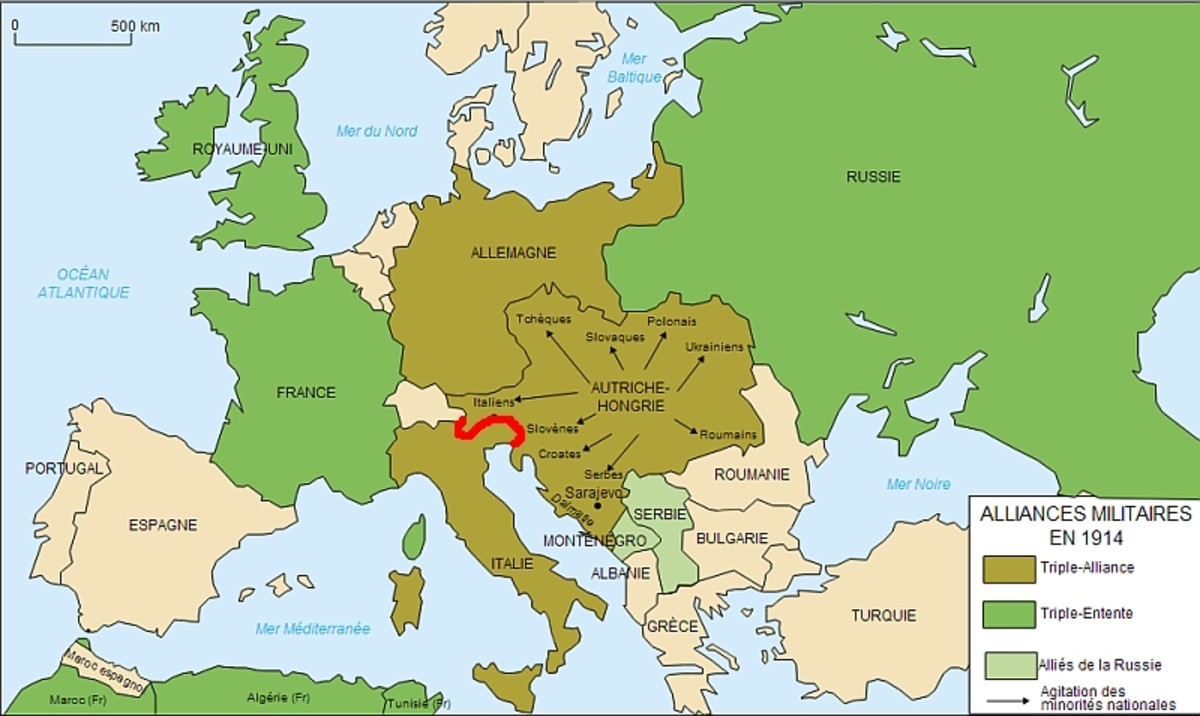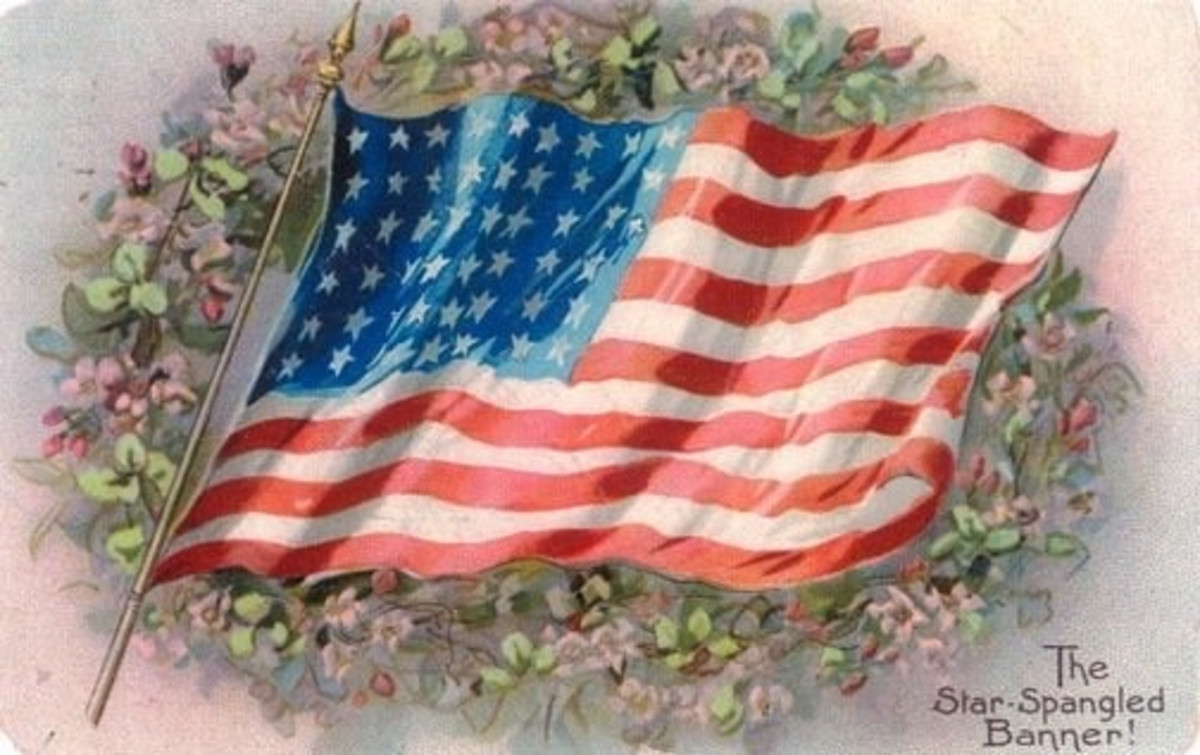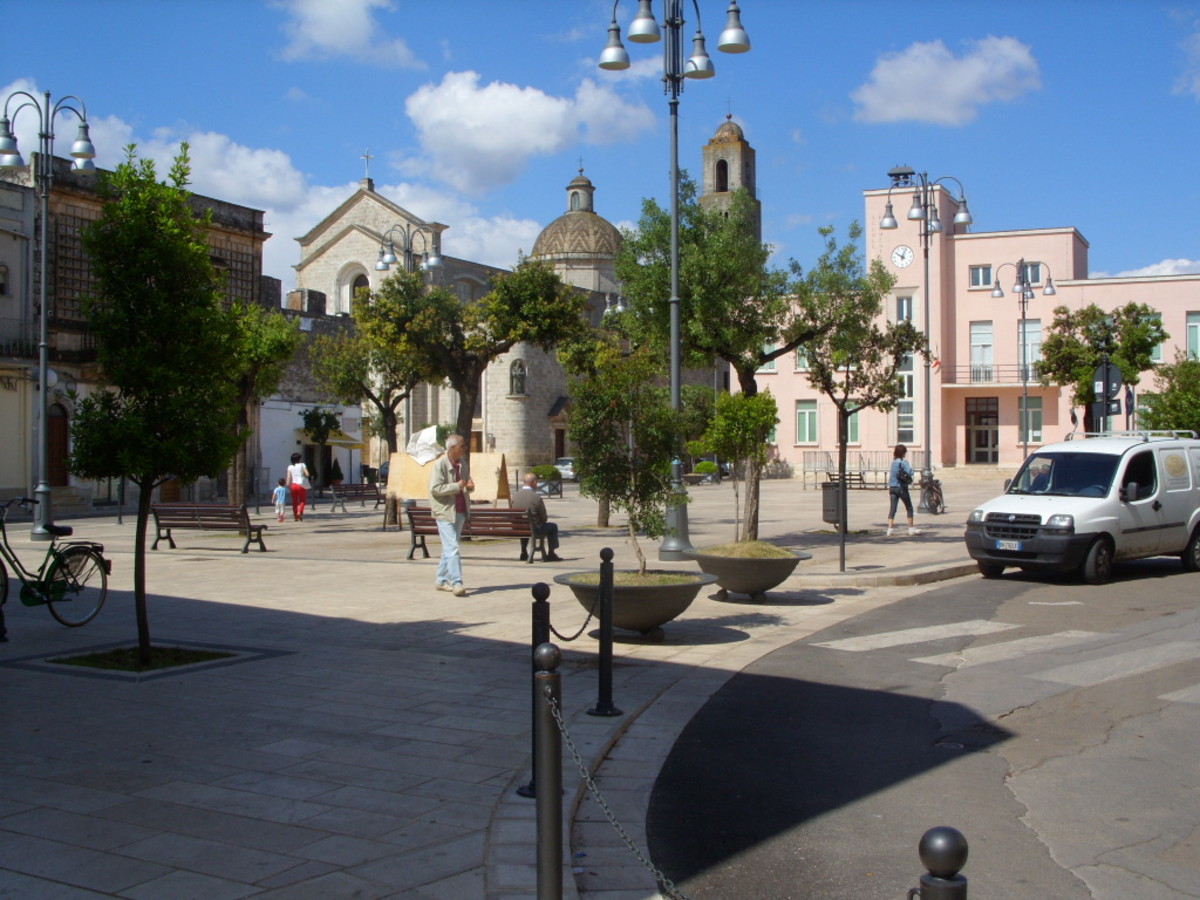Is-a time for leav-a (War stories ain't all alike)
Back when I was a teenager, my best friend was my schoolmate, Danny DeSanto. Over at his house one day, I got to talking with Danny's father. He told me how it was that he and his brother, Danny's uncle, had come to be in the United States.
War fever
Joe DeSanto and his younger brother, Francis, had enlisted in Mussolini's Italian army in the early 1930's. Their goal, like that of many other young Italian men, was to take part in adding the huge East African land of Ethiopia to Italy's already large colony in East Africa – a very nationalistic and seemingly heroic undertaking.
So, off to war they went.
Sort of like Goliath versus David all over again
Their foe was the Ethiopian army, ill-equipped and outdated, dedicated to their emperor and country, but not really able to effectively oppose the more modern Italian force sent against them. The Italians had tanks and aircraft, big cannons, lots of machine guns, and even poison gas bombs. The Ethiopians had clubs, spears, knives, and not all that many old-fashioned rifles.
The battles were rather unevenly matched.
Italian battle casualties could be counted in the hundreds, Ethiopia's by the thousands and multi-thousands. Still they fought. Their emperor, a man named Haile Salasse I (born Lij Tafari Makonnen), was also known as “The Lion of Judah.” He and his warriors were much like real lions – not likely to succeed against well-armed soldiers, but lion-hearted enough to keep on trying.
Needless to say, the war between Mussolini's troops and those of Haile Salasse did not go well for the Ethiopians. In short, the Italians had things rather easy. They'd find a bunch of Ethiopian fighters assembled and spoiling for a fight, and they'd simply send some tanks over that way to slam them with cannon fire. Sometimes they'd fly over and bomb them. If they had to, a company of Italians would wander by and machine gun them all. It was not pretty what was visited upon Haile Salasse's warriors.
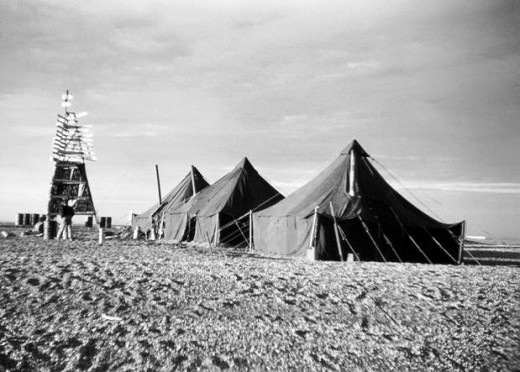
War days – sleep nights
At night, the Italians would repair to their encampments, and after the evening meal, they'd sit around the campfires and have a pull on their tobacco pipes. By then, the African sun would hide out for the night. Into their tents would go the Italian troops. It was time for the sound sleep that was a necessary preparation for tomorrow's slaughter of more of Haile Salasse's men.
Here is the part of that brutal war that awakened Joe DeSanto and his brother, Francis to the wisdom and the full understanding that war is truly hell – but that even the devil can't hold you in a war once you know that.
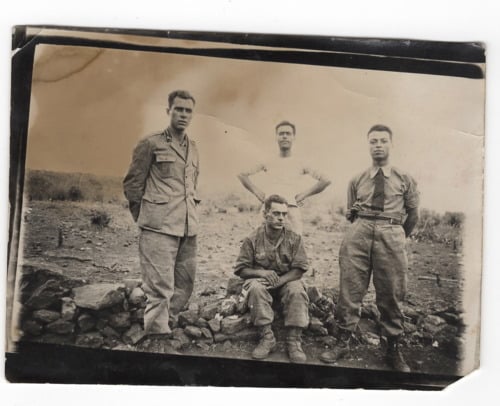
Joe's story follows
Joe and Francis awakened with the dawn. There was nothing going on outside of their tent other than complete silence. It was as though they had opened their eyes too early. Time to get out of the sack, anyway, so that is what they did.
Outside of their tent now, they looked about at the encampment. Nothing was moving. No men walking around the place. No breakfast fires yet started by the camp cooks. No officers or non-coms running here and there. Nothing. There was the rising sun, all bright and warm. The breeze was blowing, but not hard enough to be remarkable. What was going on here?
Joe opened the flap of the tent next to their tent. The two soldiers whose tent it was were still sprawled out in bed. Joe kicked one of them on his foot. He didn't move or grunt a sound. Joe looked at him more closely. His throat was cut. So, too, was the throat of the man who lay next to him.
Joe and Francis went from tent to tent. Every soldier's throat had been slashed. Joe and Francis were the only ones still alive and breathing in the entire encampment.
That's when Joe looked at Francis and told him that it was time for the two of them to leave this strange country and head for a better and safer place. Joe spoke to his brother in Italian, for that was the only language the two of them spoke at that moment of geographic epiphany.
When Danny's father told this story to me, he said it this way, sort of in Italian-English: “I say-a to Francis-a, 'This-a no place-a for a-you or-a me. Its-a time us leav-a.'”
According to Joe DeSanto, the two of them didn't stop until they got to the United States.

